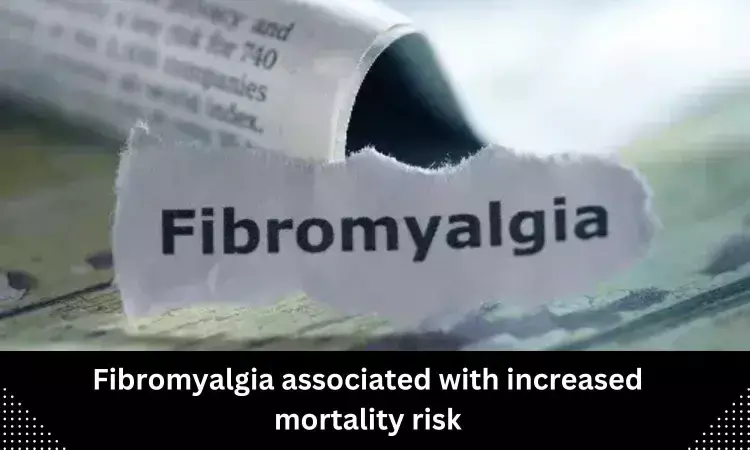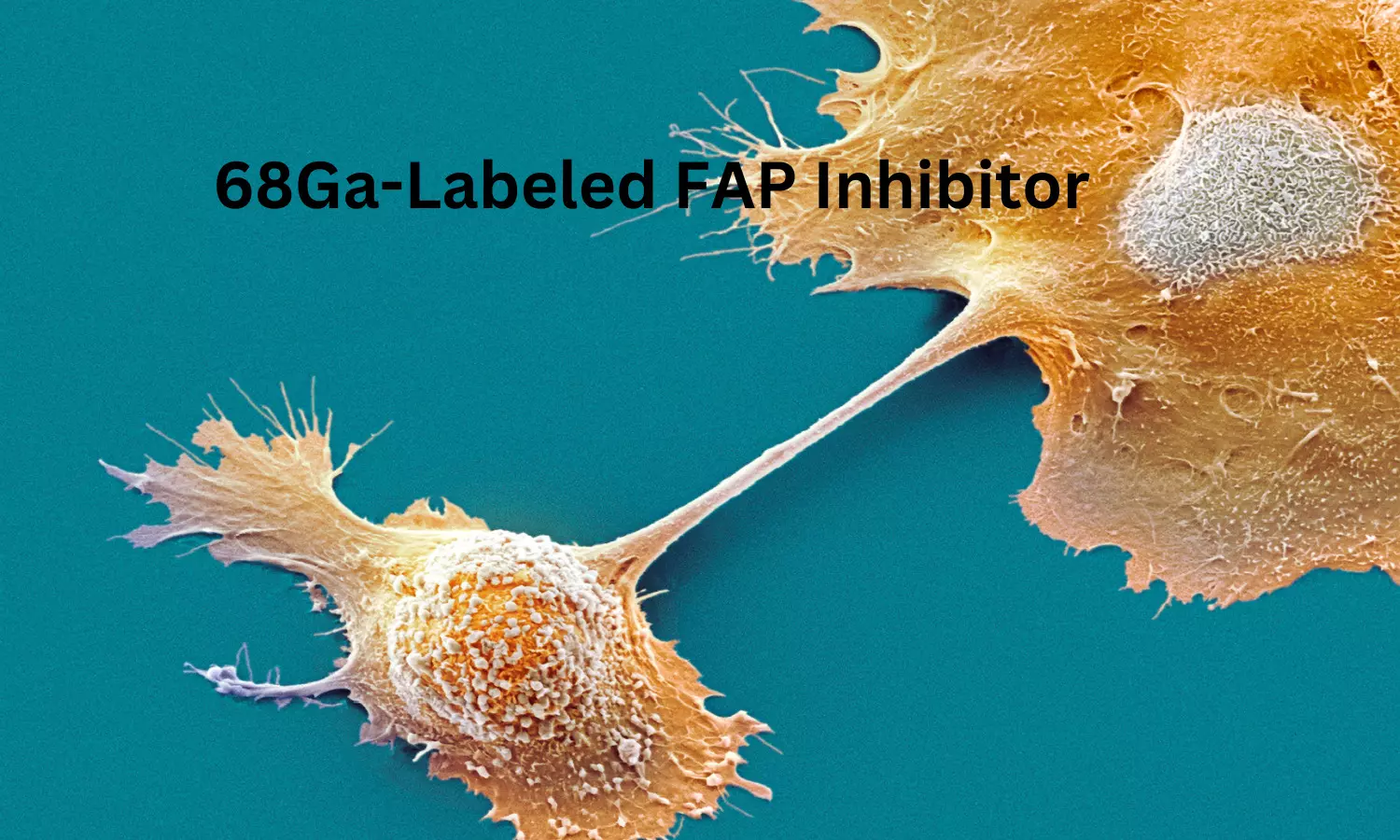- Home
- Medical news & Guidelines
- Anesthesiology
- Cardiology and CTVS
- Critical Care
- Dentistry
- Dermatology
- Diabetes and Endocrinology
- ENT
- Gastroenterology
- Medicine
- Nephrology
- Neurology
- Obstretics-Gynaecology
- Oncology
- Ophthalmology
- Orthopaedics
- Pediatrics-Neonatology
- Psychiatry
- Pulmonology
- Radiology
- Surgery
- Urology
- Laboratory Medicine
- Diet
- Nursing
- Paramedical
- Physiotherapy
- Health news
- Fact Check
- Bone Health Fact Check
- Brain Health Fact Check
- Cancer Related Fact Check
- Child Care Fact Check
- Dental and oral health fact check
- Diabetes and metabolic health fact check
- Diet and Nutrition Fact Check
- Eye and ENT Care Fact Check
- Fitness fact check
- Gut health fact check
- Heart health fact check
- Kidney health fact check
- Medical education fact check
- Men's health fact check
- Respiratory fact check
- Skin and hair care fact check
- Vaccine and Immunization fact check
- Women's health fact check
- AYUSH
- State News
- Andaman and Nicobar Islands
- Andhra Pradesh
- Arunachal Pradesh
- Assam
- Bihar
- Chandigarh
- Chattisgarh
- Dadra and Nagar Haveli
- Daman and Diu
- Delhi
- Goa
- Gujarat
- Haryana
- Himachal Pradesh
- Jammu & Kashmir
- Jharkhand
- Karnataka
- Kerala
- Ladakh
- Lakshadweep
- Madhya Pradesh
- Maharashtra
- Manipur
- Meghalaya
- Mizoram
- Nagaland
- Odisha
- Puducherry
- Punjab
- Rajasthan
- Sikkim
- Tamil Nadu
- Telangana
- Tripura
- Uttar Pradesh
- Uttrakhand
- West Bengal
- Medical Education
- Industry
No role of Low-Dose Naltrexone for Pain Relief in Fibromyalgia

In the quest to address fibromyalgia-related pain, a recent study conducted in Denmark examined the efficacy of low-dose naltrexone, a treatment commonly used despite limited scientific backing. The study findings revealed no superiority of low-dose naltrexone over a placebo in alleviating pain. However, low-dose naltrexone displayed a potential to address memory issues linked to fibromyalgia, urging further exploration in future trials.
The study was published in the journal The Lancet Rheumatology.
Fibromyalgia, a condition characterized by widespread pain and often associated with memory problems, lacks definitive treatment, prompting exploration into potential solutions. Despite limited evidence supporting its effectiveness, low-dose naltrexone is prescribed for fibromyalgia treatment. This study sought to determine if a 12-week regimen of 6 mg low-dose naltrexone was more effective than a placebo in alleviating pain in women with fibromyalgia.
The 12-week, randomized, double-blind, placebo-controlled trial involved women aged 18–64 diagnosed with fibromyalgia. The participants were evenly split, with one group receiving a low dose of naltrexone (6 mg), and the other an identical-appearing placebo. All involved parties, including participants, investigators, outcome assessors, and analysts, were kept unaware of the treatment allocations to ensure unbiased results.
The primary outcome measured was the change in pain intensity, gauged on an 11-point numeric rating scale, from the study's onset to the 12-week mark.
The trial, which took place between January 6, 2021, and December 27, 2022, involved 99 participants, with no dropouts during the follow-up period. The mean age of participants was 50.6 years, and the majority were of White ethnicity, with only one participant identified as Arctic Asian.
Findings:
- Out of 158 patients, 99 patients were assigned to placebo or naltrexone.
- Surprisingly, the study did not reveal a significant difference in pain reduction between the low-dose naltrexone group and the placebo group.
- The mean change in pain intensity was similar, prompting researchers to conclude that low-dose naltrexone did not outperform the placebo in alleviating fibromyalgia-related pain.
- As for safety assessments, both groups exhibited comparable rates of adverse events.
- The discontinuation rate due to adverse events was 8% in the low-dose naltrexone group and 6% in the placebo group.
- Overall, 84% of participants in the naltrexone group and 86% in the placebo group experienced adverse events. Notably, one serious adverse event occurred in the placebo group, and no fatalities were reported.
While the study did not find evidence supporting the superiority of low-dose naltrexone in relieving fibromyalgia-associated pain, a notable observation emerged. The results hinted at the possibility that low-dose naltrexone might have positive effects on memory problems associated with fibromyalgia. This intriguing finding suggests avenues for future research to delve deeper into the cognitive impacts of low-dose naltrexone in fibromyalgia patients.
In conclusion, the study provides valuable insights into the specific effects of low-dose naltrexone on fibromyalgia symptoms. While it did not prove to be a significant pain-relief solution, the potential cognitive benefits warrant further investigation and open new avenues for refining fibromyalgia treatment strategies.
Further reading: Naltrexone 6 mg once daily versus placebo in women with fibromyalgia: a randomised, double-blind, placebo-controlled trial. https://doi.org/10.1016/S2665-9913(23)00278-3
BDS, MDS
Dr.Niharika Harsha B (BDS,MDS) completed her BDS from Govt Dental College, Hyderabad and MDS from Dr.NTR University of health sciences(Now Kaloji Rao University). She has 4 years of private dental practice and worked for 2 years as Consultant Oral Radiologist at a Dental Imaging Centre in Hyderabad. She worked as Research Assistant and scientific writer in the development of Oral Anti cancer screening device with her seniors. She has a deep intriguing wish in writing highly engaging, captivating and informative medical content for a wider audience. She can be contacted at editorial@medicaldialogues.in.
Dr Kamal Kant Kohli-MBBS, DTCD- a chest specialist with more than 30 years of practice and a flair for writing clinical articles, Dr Kamal Kant Kohli joined Medical Dialogues as a Chief Editor of Medical News. Besides writing articles, as an editor, he proofreads and verifies all the medical content published on Medical Dialogues including those coming from journals, studies,medical conferences,guidelines etc. Email: drkohli@medicaldialogues.in. Contact no. 011-43720751




